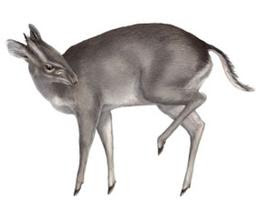Unlike the hawksbill turtle, numbers of green turtle females coming on land to nest differ substantially from year to year. Hence, after 2010 having been a fantastic green turtle season at North Island, with a spectacular 156 tracks, it was a pleasant surprise that 2011 continued with relatively high numbers (66 tracks). Hence more exciting turtle activities to share with guests and colleagues!
Our general "watch-but-do-not-touch" policy on North Island means that we interfere only when turtle nests are in danger. This was the case with one nest that was laid too low on the beach on the 23rd of July. Elliott Mokhobo (Environment Assistant) had therefore been keeping a close eye on the marked nest during his daily early morning patrols. On the 3rd of September, it was found in grave danger of being washing away. Together with Linda Vanherck (Resident Biologist), they decided to intervene. Enthusiastic guests joined forces to save the nest that contained 162 eggs (on average a turtle lays between 150-200 eggs). The eggs were put in a foam box, covered with sand and taken to the environmental office.
On the 16th of September, a little earlier than expected (as normally green turtle nests hatch between 55 to 60 days after laying), we were overjoyed to see our first hatchling break the surface. Subsequently, the foam box was inundated with turtles and over the next five days we released a total of 140 hatchlings that had successfully hatched out of their eggs.
Nests in the office in the past have shown a lot of variation in synchronicity of hatching, with some hatchlings all emerging simultaneously and therewith allowing for a release in bigger batches, making it safer for them to reach the deeper waters where predation is less. This nest's hatchlings emerged in smaller batches, ecologically not good, but giving us more opportunities to share the excitement of witnessing babies begin their amazing journey to the great unknown.
The statistic that only 1 in 1 000 or even 1 in 10 000 (when poaching occurs) turtles will reach a reproductive age sure left guests and staff convinced of the continued need for conservation of this endangered species.
Need more info?
Please contact our Safari Experts now or visit our North Island page.
Call: 0044 (0)1227 753181

